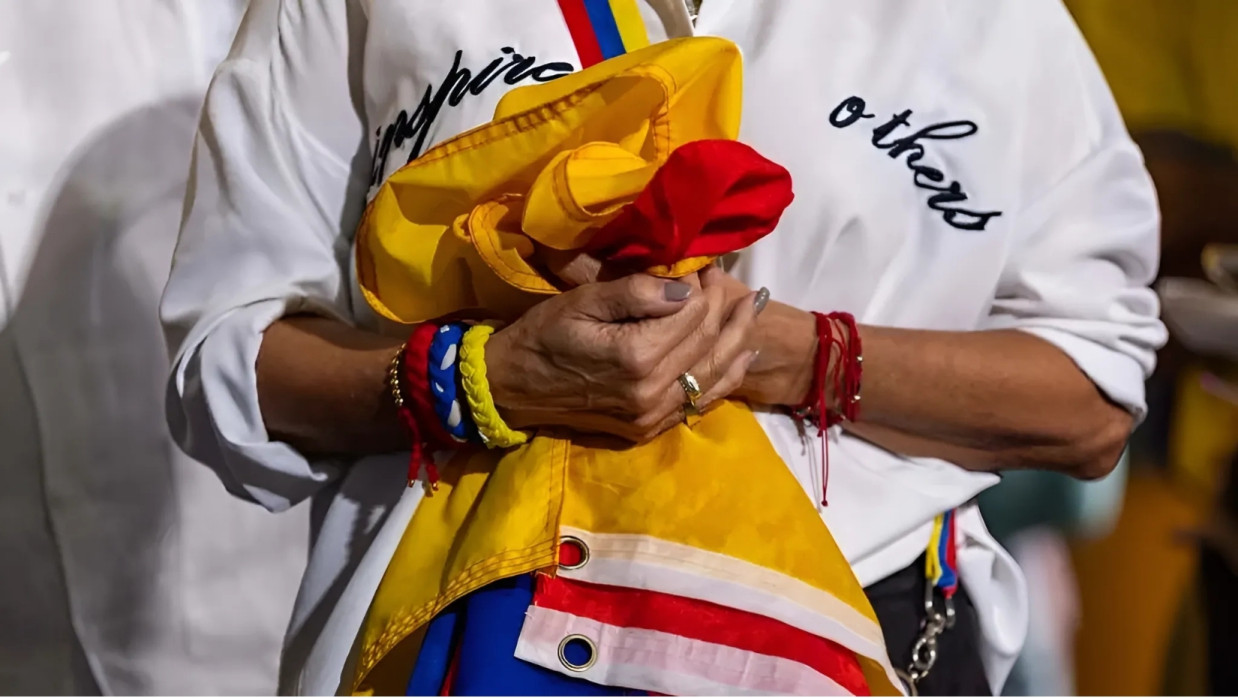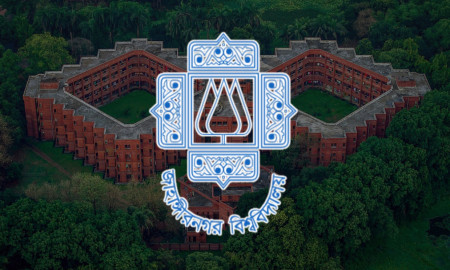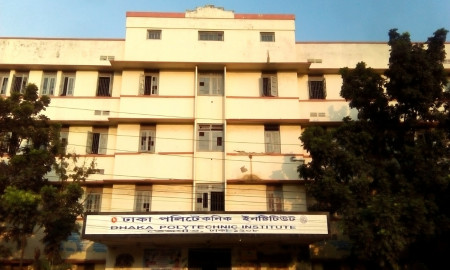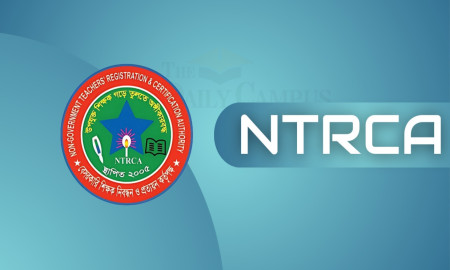US Supreme Court Allows Trump to End TPS for 348,000 Venezuelans

On 19 May 2025, the US Supreme Court approved the Trump administration’s move to terminate Temporary Protected Status (TPS) for approximately 348,000 Venezuelans, clearing the path for their potential deportation. This decision overturns a March ruling by a San Francisco federal judge that had blocked Homeland Security Secretary Kristi Noem’s attempt to revoke TPS, part of President Trump’s broader immigration crackdown.
What is TPS?
TPS offers temporary relief from deportation for individuals from countries facing crises like armed conflict or natural disasters, allowing them to work legally and travel. Established in the 1990s under President George H.W. Bush, TPS does not provide a path to citizenship but can be renewed for 6 to 18 months. Currently, 17 countries, including Venezuela, Afghanistan, Haiti, and Syria, are designated for TPS. Former President Biden expanded the program in 2021 to include Venezuela, among others, increasing eligible countries from 10 to 17.
Impact on Venezuelans
The ruling affects 348,000 Venezuelans who received TPS in 2023 under Biden’s designation, with protections extended until October 2026. Economic collapse and political turmoil, exacerbated by US sanctions on President Nicolas Maduro’s government, have driven nearly 8 million Venezuelans to flee since 2014, according to the UN. About 600,000 Venezuelans in the US hold TPS, with another group’s status, granted in 2021, set to expire in September 2025, pending Noem’s decision by July.
Trump Administration’s Actions
In February, Noem revoked TPS for 348,202 Venezuelans, citing concerns about gang affiliations and impacts on US workers, claims the Department of Homeland Security (DHS) made without evidence, alleging Biden’s policies allowed “gang members, terrorists, and murderers” into the country. Noem also ended TPS for 521,000 Haitians, 14,600 Afghans, and 7,900 Cameroonians, with their protections expiring between June and August 2025.
Seven Venezuelan migrants, backed by the National TPS Alliance and groups like UCLA’s Center for Immigration Law and Policy, sued in San Francisco, alleging racial bias. The court initially halted the TPS revocation, criticizing the administration’s “racist” portrayal of migrants as criminals.
Supreme Court Ruling
The Supreme Court’s unsigned, unexplained decision, typical for emergency appeals, sided with the Trump administration’s claim of sole authority over immigration matters. With a 6-3 conservative majority, only Justice Ketanji Brown Jackson dissented, having previously criticized Trump’s attacks on the judiciary.
Reactions
DHS celebrated the ruling on X, claiming it protects American communities from “poorly vetted migrants.” Ahilan Arulanantham of UCLA’s immigration law center called it “shocking,” noting it as the largest single stripping of immigration status in modern US history. Congresswoman Pramila Jayapal condemned the decision, highlighting Venezuela’s dire conditions—marked by oppression, poverty, and shortages of essentials—making TPS critical for those affected.
Source: Al Jazeera








